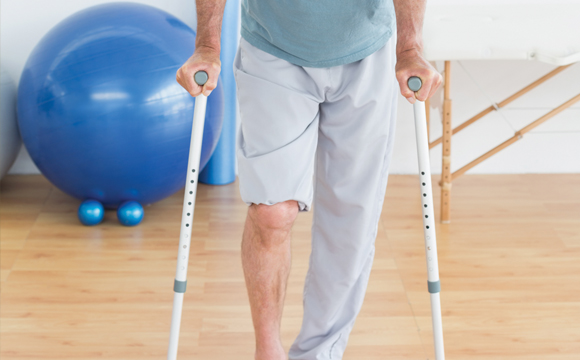Empowering Healing Via Cardiopulmonary Physical Treatment in the Process of Post-Operative Recovery
Empowering Healing Via Cardiopulmonary Physical Treatment in the Process of Post-Operative Recovery
Blog Article
Cardio-pulmonary physiotherapeutic therapy plays a vital role in helping individuals recover after surgical procedures, particularly for those who have undergone operations impacting the heart and lungs. Recovery from surgery can be a challenging journey, often accompanied by discomfort, fatigue, and limited movement. Yet, with the appropriate approach and support, patients can restore their strength and enhance their general health. This type of therapy focuses on improving the performance of the cardiac system and pulmonary system, which is crucial for a favorable recovery.
One of the primary goals of cardiopulmonary physical treatment is to improve cardiovascular endurance. Following surgery, patients may experience decreased endurance, making everyday activities feel more tiring. Through a meticulously structured fitness program, therapists guide patients in gradually boosting their activity levels. This may consist of exercises such as ambulating, bicycling, or specific breathing exercises. These activities not only help build power but also boost respiratory capacity, which is vital for ensuring that the body receives enough air.
Moreover, cardiopulmonary physical treatment highlights the importance of respiratory methods. Many post-operative patients may struggle with deep breathing due to pain or restricted mobility. Therapists instruct individuals how to perform profound breathing activities, which can facilitate increase the lungs and clear out any secretions that may have accumulated during the recovery process. Proper breathing techniques are essential to prevent complications such as pneumonia, which can occur if the pulmonary system are not operating effectively. By focusing on these techniques, patients can improve their healing and overall pulmonary health.
Another key component of this type of treatment is instruction. Physical therapists provide valuable information about the recovery process, including what individuals can expect during recovery. They clarify how to identify warning signs that may signal issues, helping individuals feel more in control of their health. Comprehending the importance of physical activity in recovery allows individuals to take an active part find out in their healing journey. This empowerment is crucial for fostering self-assurance and encouraging a positive perspective during healing.
In summary, cardiopulmonary physiotherapeutic treatment is an integral aspect of post-surgical rehabilitation for patients undergoing heart and lung procedures. By concentrating on enhancing cardiovascular endurance, teaching respiratory methods, and offering knowledge, therapists enable patients to take control of their healing. This specialized treatment not only aids in bodily healing but also enhances mental well-being, making the process of healing easier and more manageable. With the appropriate support and guidance, patients can successfully regain their strength and go back to their regular lives.